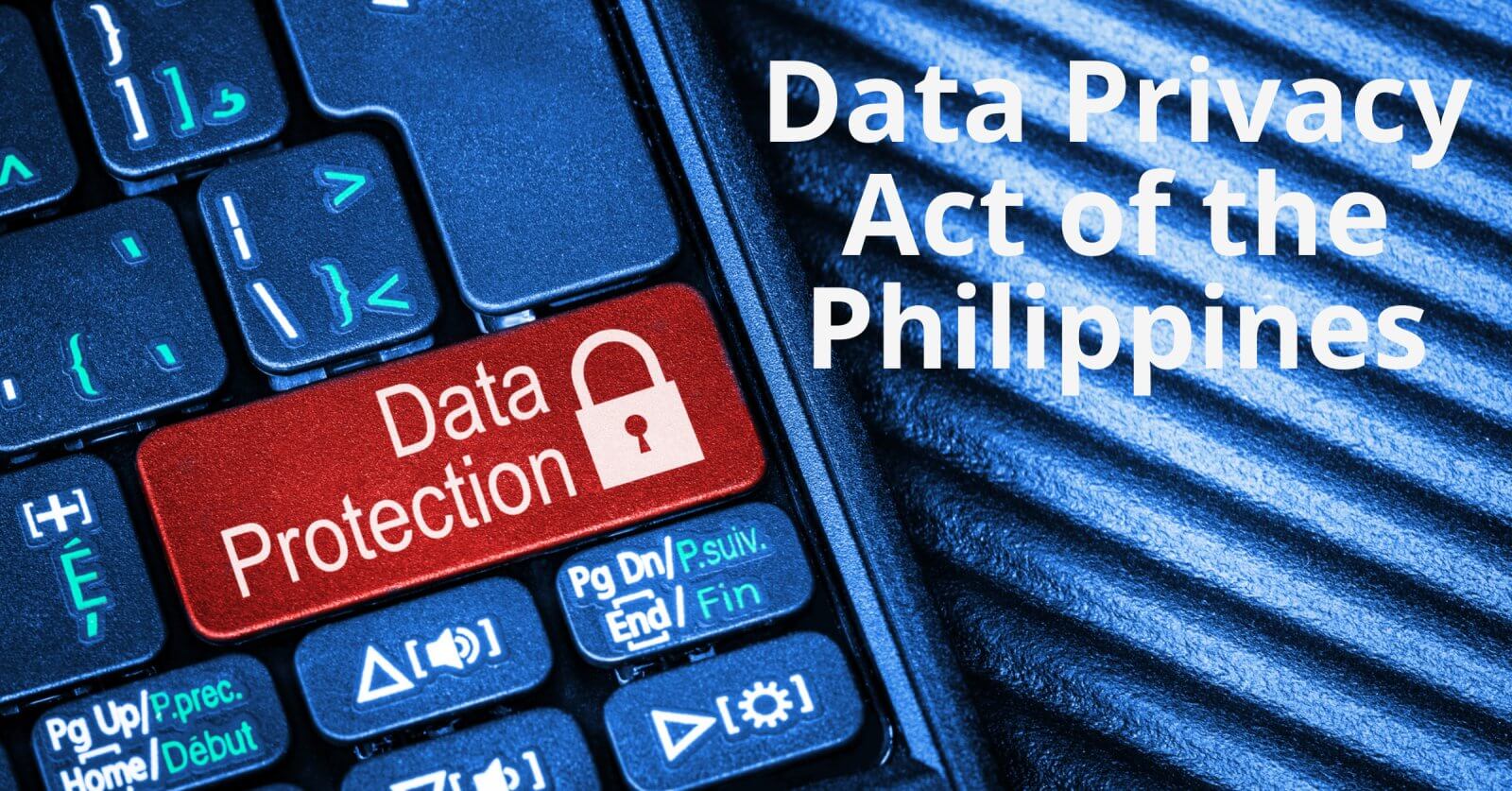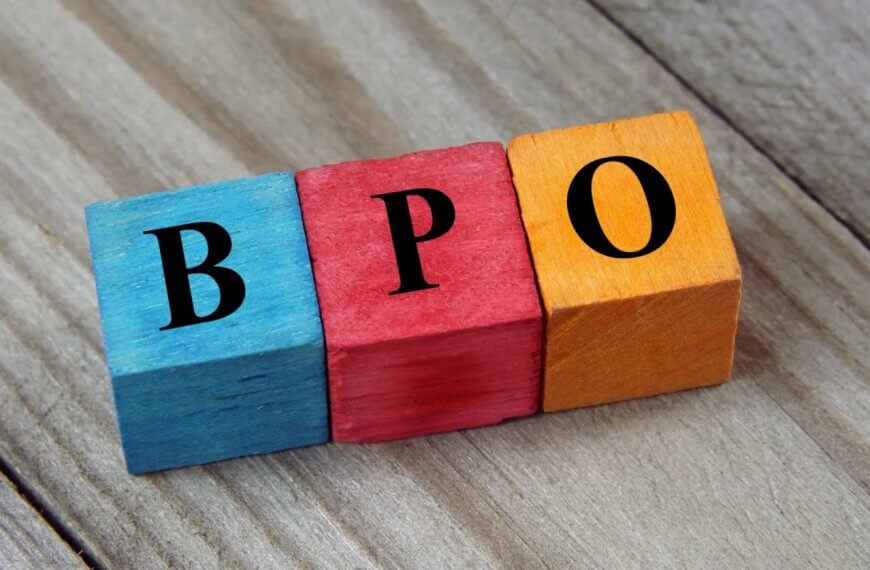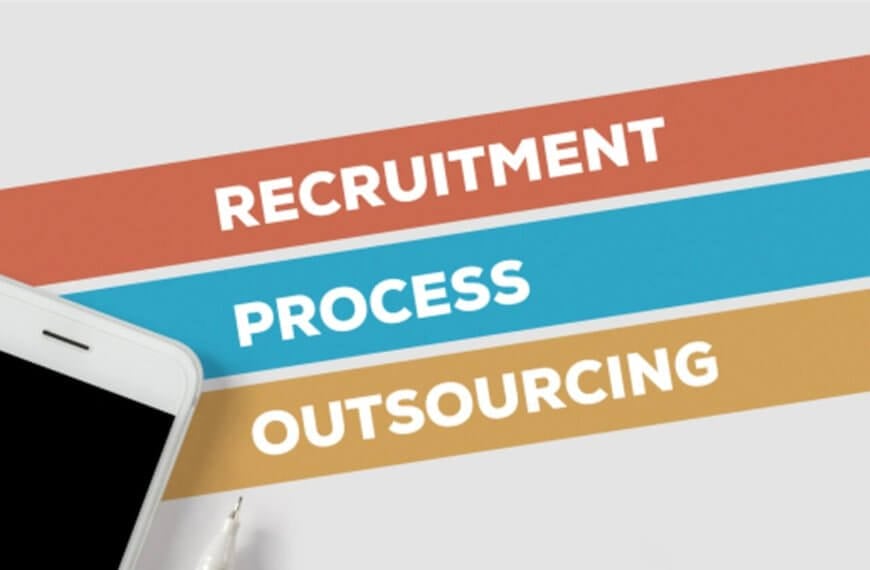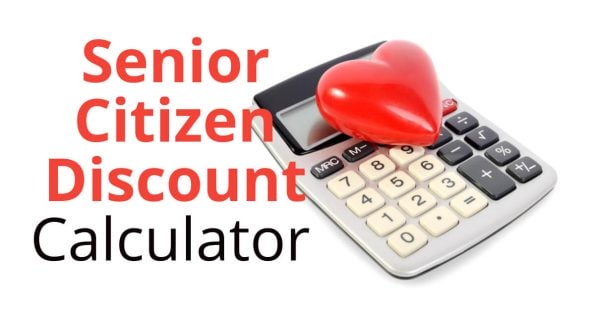THE DATA PRIVACY ACT OF 2012
The Data Privacy Act of 2012 is a comprehensive legislation aimed at protecting the privacy of individuals in the Philippines. Its key provisions and objectives include regulating the processing of personal data, ensuring the security and confidentiality of personal information, and holding organizations accountable for any data breaches or unauthorized disclosures.
The Act emphasizes the importance of obtaining consent before collecting and processing personal data, and requires organizations to implement appropriate security measures to protect this information. It also establishes the National Privacy Commission to oversee compliance with the law and to investigate and penalize any violations.
Furthermore, the Act aligns the Philippines’ data privacy standards with international best practices, ensuring that the country remains in compliance with global privacy regulations. Its focus on protecting individual privacy and regulating personal data processing reflects a growing awareness of the need for comprehensive data protection measures in the digital age.

What is Data Privacy?
Data privacy refers to the protection of sensitive and private information stored electronically or physically. It is crucial for individuals as it safeguards their personal information, such as financial details and medical records, from being misused or exploited. For businesses, maintaining data privacy is essential to build trust with customers and protect confidential information, such as trade secrets and financial data.
The significance of data privacy lies in maintaining the trust of individuals and consumers, protecting sensitive information from unauthorized access, and ensuring compliance with legal and ethical standards. Without proper data privacy measures, individuals and businesses are at risk of data breaches, identity theft, financial fraud, and reputational damage.
Sensitive data that must be protected under data privacy regulations includes personally identifiable information (PII) such as social security numbers, addresses, and phone numbers, financial information, health records, and trade secrets. Regulations such as the EU’s General Data Protection Regulation (GDPR) and the Health Insurance Portability and Accountability Act (HIPAA) in the United States, mandate the protection of such sensitive data to prevent unauthorized access or misuse.
Why is Data Privacy Important?
In today’s digital world, data privacy is of utmost importance in protecting both customer and company security. The proliferation of data breach threats and identity theft has made it crucial for businesses to prioritize data privacy in all their operations.

Data breaches can result in significant reputational damage for a company, leading to a loss of customer trust and loyalty. Moreover, compromised data can have severe impacts on the affected customers, potentially leading to identity theft and financial losses.
For businesses, the potential impacts of compromised data can be devastating. Beyond reputational damage, companies may face legal consequences, financial penalties, and the loss of valuable intellectual property.
Prioritizing data privacy is essential to safeguarding customer security and maintaining the trust of your customer base. By implementing strong data privacy measures, businesses can ensure that customer information is protected from unauthorized access, thereby mitigating the risks associated with compromised data.
Ultimately, by understanding the risks of data breach threats, identity theft, and reputational damage, it becomes clear why data privacy is so important for both businesses and their customers.
Data Privacy in the Philippines
The Data Privacy Act of 2012 in the Philippines aims to protect the personal data of individuals while ensuring the compliance of businesses and organizations with relevant laws and regulations. It is significant in safeguarding customer data from unauthorized access and use, and it also promotes the responsible and secure handling of personal information.

The Act adopted international principles and standards for personal data protection, aligning with global efforts to ensure the privacy and security of individuals’ data. Businesses and organizations must comply with these rules by implementing various measures such as preventing access to customer data outside of their home legal jurisdiction, managing encryption keys effectively, and safeguarding sensitive data in cloud environments.
Compliance with the Data Privacy Act is crucial for businesses to build trust with their customers and avoid potential legal repercussions. By adhering to international standards and regulations, organizations demonstrate their commitment to protecting the privacy and security of personal data.
Scope and Objectives of the Philippines Data Privacy Act:
The scope of the Philippines Data Privacy Act (PDPA) covers both government and private entities, whether they are located within or outside the country. The objective of the PDPA is to safeguard the privacy rights of individuals by regulating the processing of their personal data. This includes implementing security measures to protect personal information from unauthorized access, disclosure, alteration, or destruction. The PDPA imposes obligations on data controllers and processors to ensure the lawful and fair processing of personal data, as well as to establish accountability for any data breaches or privacy violations. By covering both government and private entities, the PDPA aims to create a comprehensive and uniform framework for data privacy protection in the Philippines, regardless of the entity’s sector or location. Overall, the PDPA seeks to establish a secure and trustworthy environment for the processing of personal data, while also promoting responsible and ethical practices among data controllers and processors.

Definition of personal information
Personal information is defined as any information that can be used to identify an individual, such as their name, address, email address, telephone number, date of birth, and government-issued ID numbers. It also includes sensitive personal information such as financial and health information, as well as biometric data.
Exclusions from the coverage of personal information include information that is publicly available, journalistic purposes, and personal information processed for research or statistical purposes. Additionally, the Data Privacy Act in the Philippines, administered and implemented by the National Privacy Commission, does not cover the processing of personal information by an individual solely for personal, family, or household purposes.
The National Privacy Commission is the regulatory authority responsible for enforcing the Data Privacy Act and ensuring the protection of personal information in the country. They oversee the compliance of organizations, both public and private, that collect, use, and process personal information. The commission also provides guidance and assistance to individuals and organizations to ensure the proper handling and protection of personal information.

Definition of sensitive personal information
Sensitive personal information refers to any data that could potentially be used to identify an individual and is considered highly private and confidential. This can include information such as race or ethnicity, religious or philosophical beliefs, political opinions, trade union membership, genetic and biometric data, health information, and sexual orientation.
In terms of the law, sensitive personal information is defined as any data that is categorized as such by data protection regulations and laws, such as the General Data Protection Regulation (GDPR) in the European Union. These laws provide strict guidelines on the collection, processing, and storage of sensitive personal information to ensure the protection of individuals’ privacy rights.
Exceptions for processing sensitive personal information may be made in certain circumstances, such as when the individual has given explicit consent for the processing, or when it is necessary for reasons of substantial public interest, to protect someone’s vital interests, or to exercise or defend legal claims. However, even in these cases, special safeguards and requirements must be followed to ensure the protection of the data.
Data Protection Officer
In the Philippines, the Data Privacy Act mandates organizations handling personal data to appoint a Data Protection Officer (DPO). The DPO must possess specialized knowledge and expertise in data protection laws and practices. Eligibility criteria include relevant educational qualifications, experience in data protection, and an understanding of the organization’s data processing activities. The DPO is responsible for ensuring compliance with data protection laws, providing advice on data handling procedures, conducting data protection impact assessments, and serving as a point of contact for data subjects and the National Privacy Commission (NPC). Registration with the NPC involves submitting relevant information about the DPO and their contact details.
Having a full-time or organic DPO is crucial for organizations to effectively handle and protect personal data. This ensures that there is someone with the necessary expertise and focus on data protection, thereby reducing the risk of data breaches and non-compliance with the Data Privacy Act. By following the necessary procedures for appointment and registration, organizations can demonstrate their commitment to protecting personal data and complying with data protection laws in the Philippines.
Data Processing Systems
In the Philippines, mandatory registration of data processing systems is required by the National Privacy Commission (NPC) for certain sectors, industries, or entities. The requirement for registration is determined by the level of risk posed to the rights and freedoms of data subjects. Factors such as the volume of personal data being processed, the sensitivity of the data, and the potential impact on data subjects are considered when determining whether registration is necessary. Types of processing operations that pose a risk include large-scale processing of sensitive personal data, processing that involves profiling or automated decision-making, and processing that could lead to discrimination or other significant harm to data subjects.
Entities covered by mandatory registration include those in sectors such as healthcare, banking, telecommunications, and government agencies. The NPC’s draft circular governing the registration of data processing systems and Data Protection Officers (DPOs) outlines the requirements and procedures for registration. This includes the submission of necessary documentation, such as data processing systems inventory and privacy impact assessments, as well as the appointment of a DPO. The goal of mandatory registration is to ensure that data processing activities are conducted in compliance with data privacy laws and to protect the rights of data subjects.
Why does it matter to Businesses?
The PDPA Philippines Act is crucial for businesses to understand as it regulates the processing of personal data in the Philippines. Compliance with the PDPA not only ensures that businesses are operating within legal boundaries but also builds trust with customers, leading to better relationships and improved brand reputation. For multinational organizations, understanding the PDPA is essential as it impacts global transactions, requiring them to adhere to the regulations when handling personal data of individuals in the Philippines, even if they are operating from outside the country.
In terms of marketing, the PDPA rules apply to both business-to-business and business-to-consumer marketing activities, requiring businesses to obtain consent and provide safeguards for personal data. Multinational organizations processing personal data from individuals within the Philippines should be aware of the need for data protection measures and data outsourcing agreements to ensure compliance with the PDPA. Overall, understanding and adhering to the PDPA is crucial for businesses to operate lawfully, protect personal data, and maintain trust with customers.
























